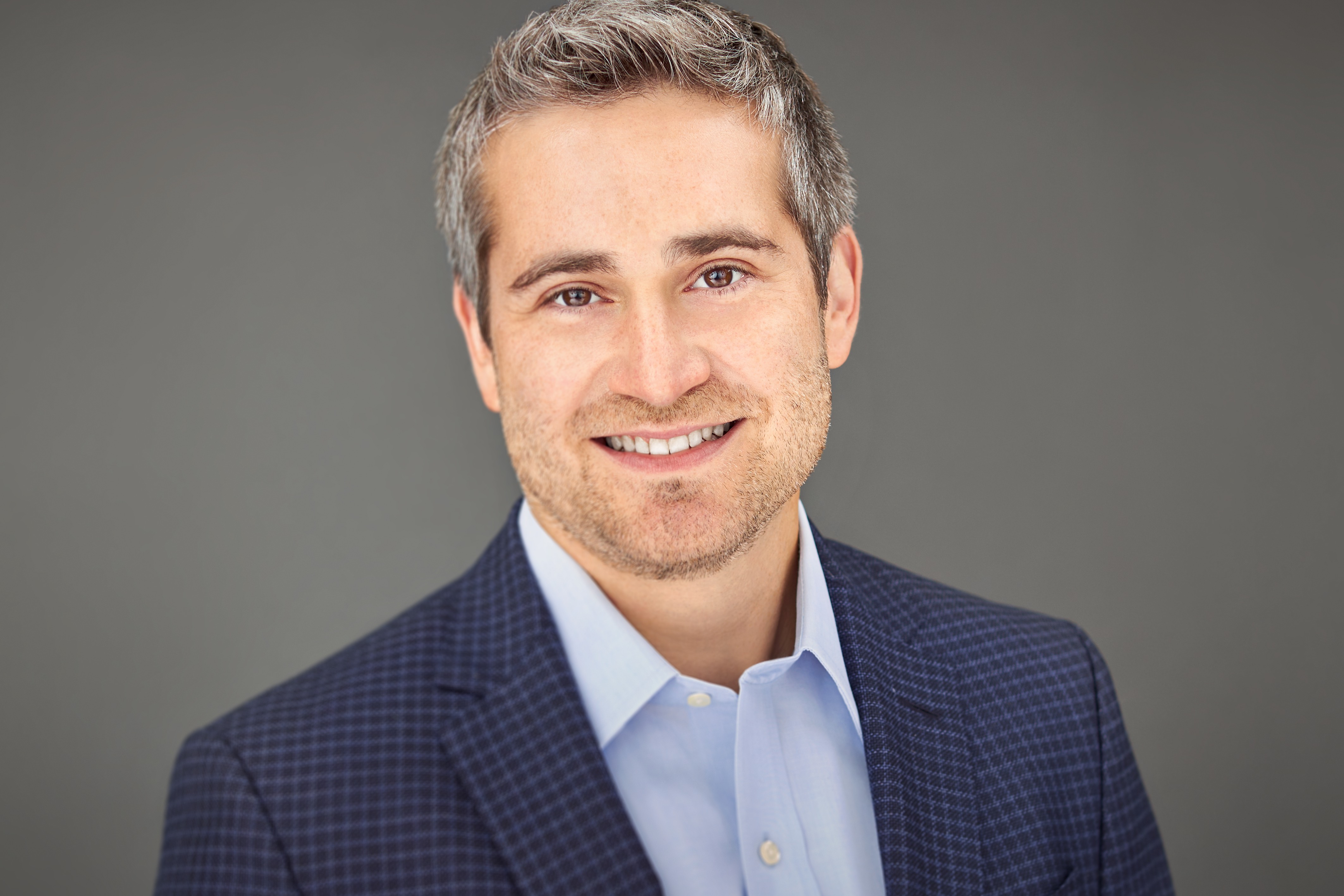

Jesse Brand, Ph.D., ABPP-CN
Practice Location and type:
Prior to joining my current practice, I spent seven years within a large group neurology practice in the Washington, DC area. In that position, I conducted mostly dementia evaluations, with the rest comprised of other neurological and psychiatric cases. I saw a huge patient volume over that time, and so it was a clinically immersive start to my career.
Since last year, I’ve been part of an excellent private practice called The Stixrud Group, based in Silver Spring, MD. I’ve switched gears quite a bit – I’m now seeing mostly young adults who have ADHD, learning disorders, and/or autism spectrum disorders, which has been a really interesting and educational shift. It’s been enlightening to expand my portfolio, with guidance from my new colleagues. In the next few years, I’m hoping to develop more of a balance between the populations of my past and present settings.
I also love working with students of all levels. Some years ago, I taught a couple of undergraduate courses in Clinical Assessment at Georgetown University, and I enjoy supervising graduate students in their clinical training as well. I also serve as a mentor through the AACN Student Affairs Committee mentorship program, and as a practice sample reviewer for the ABCN certification process.
What activities do you enjoy outside of work?
I’m a dad to two amazing kids under 10 years old, so that’s sort of my intensive “hobby.” Luckily, my new job allowed me to spend lots of time with them during the pandemic, especially during the early stages. But as they get older and more independent – and occasionally even leave the house now that Covid is easing – I’m finding more time to practice guitar and piano, discover new music, play hockey at a local rink, or go visit my closest friends and family in New York City. My wife and I get a chance to watch some movies and series every now and then too.
Why did you join NAN?
I joined NAN way back at the beginning of grad school. It was an obvious decision given that it’s one of the major organizations in the field. But NAN conferences, continuing education opportunities, and ACN articles are really valuable. I was also very happy to help launch the NAN Social Media Committee while I was a post-doc!
Do you have any advice to offer or anything else you’d like to add?
Some of my best advice to trainees is to read, read, read, from early in training. Experience is important, but don’t just rely on what your supervisors tell you. Go to the books and journals yourself – especially seminal articles. Read the organizational white papers. Crack open test manuals. Don’t shy away from grasping stats and psychometrics and using them in your practice. You’ll be a better practitioner, you’ll have more confidence, and the field will benefit from your first-hand knowledge. Also, later on, going through the board certification process can help you structure and motivate this habit.
And as long as I’ve got the mic, a big shout-out to neuropsychology as a field, and to all my bright and devoted friends and colleagues out there! What a great job we have.